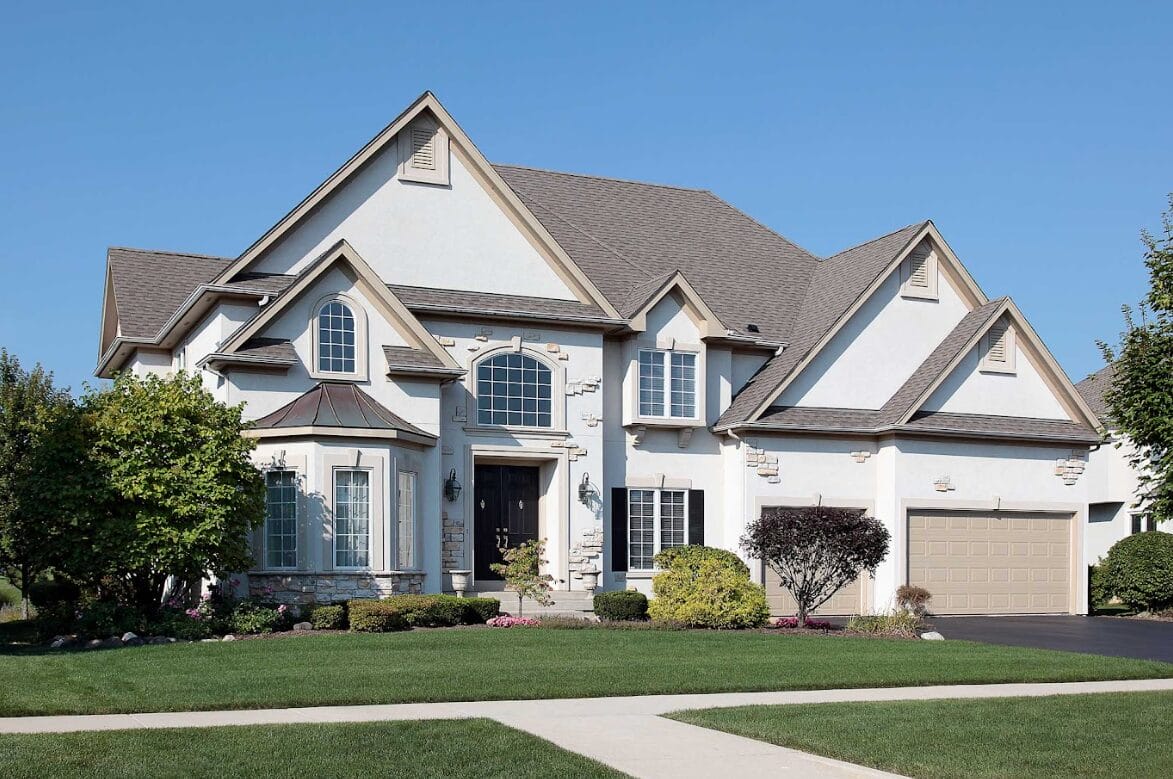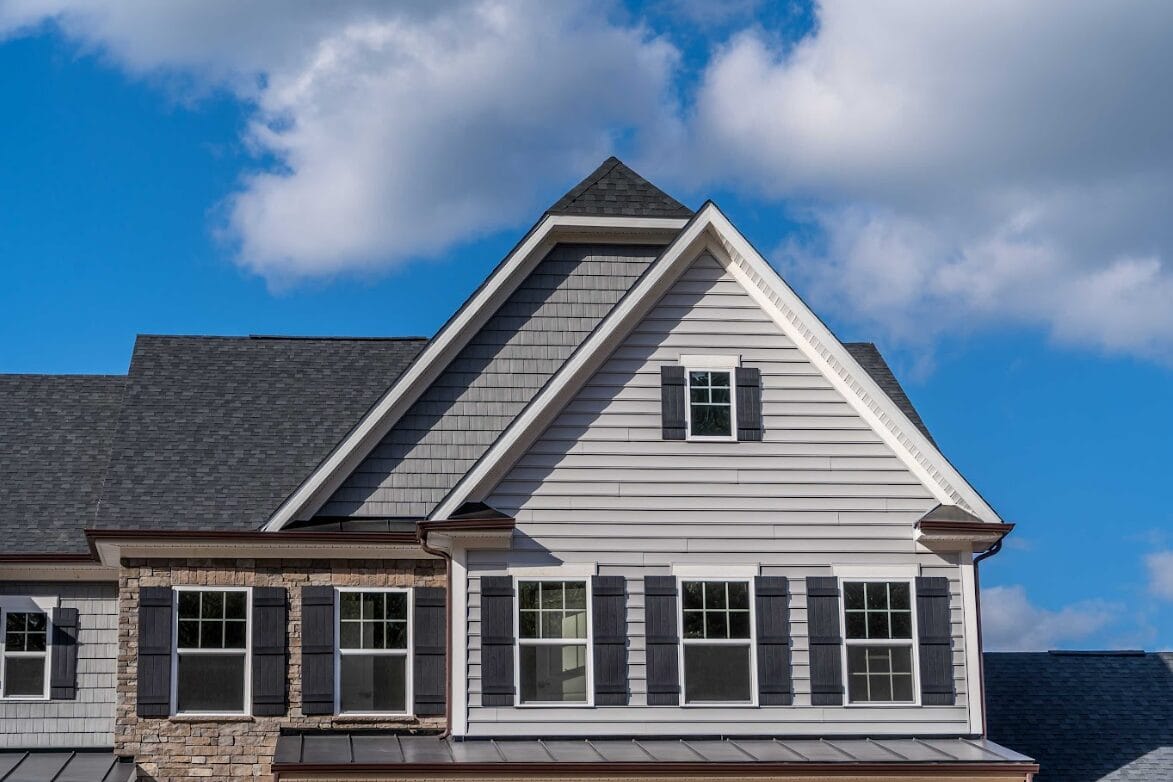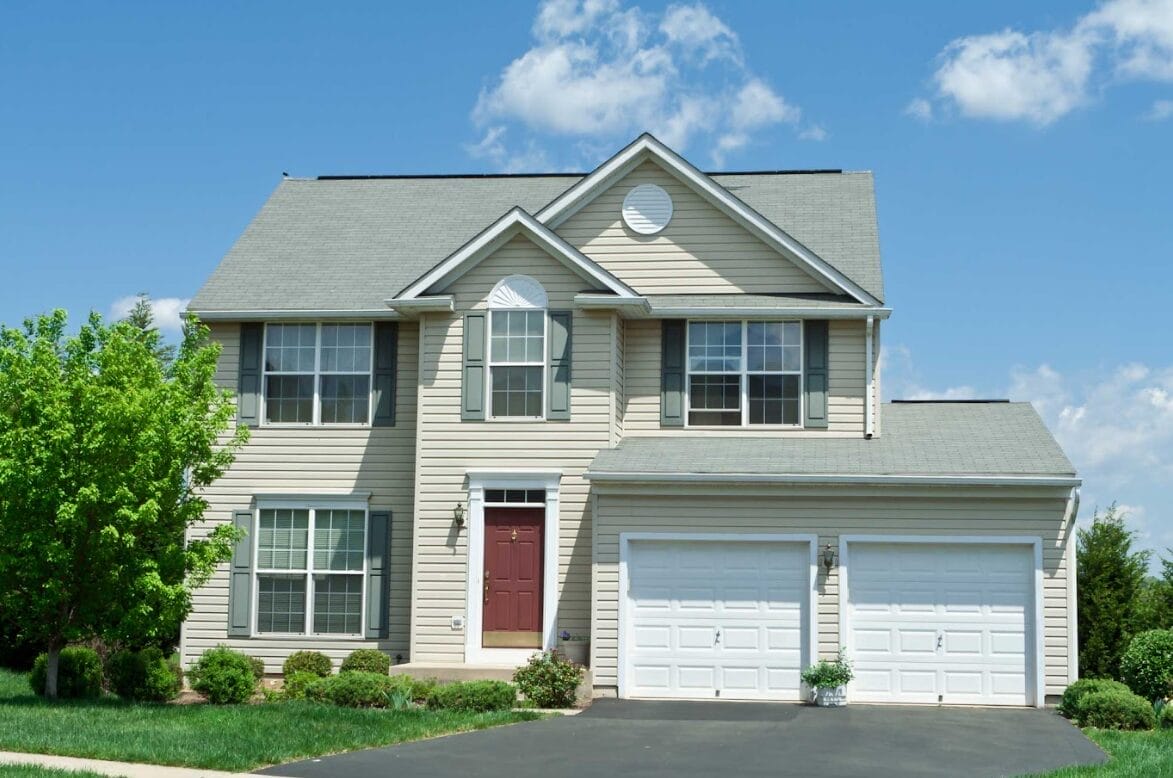For homeowners in Palm Coast, FL, understanding the nuances of roofing systems is crucial when planning for roof replacements or installations. Pitch multipliers, often a less-discussed factor, significantly influence roofing costs and the overall efficiency and longevity of a roof. Let’s delve into what pitch multipliers are, their benefits, and how they impact roofing expenses.


What are Roof Pitch Multipliers?
Pitch multipliers, sometimes referred to as pitch factors, are measurements used to determine the pitch, or slope, of a roof. The roof pitch is the angle or steepness of a roof, usually expressed as a ratio or a fraction. This factor directly influences the choice of roofing materials and installation costs.The Impact of Roof Pitch on Roofing Costs
Material Selection
Roofs with steeper pitches often require more materials due to their surface area. Low-pitched roofs, on the other hand, generally require fewer materials, impacting the overall cost of roofing projects. Asphalt shingles, for instance, might be more affordable for lower-pitched roofs compared to metal or tile roofs, which are better suited for higher pitches.High Pitch
Roofs with steeper pitches tend to require specialized materials and more underlayment due to the potential for water runoff issues. These materials often come at a higher cost, contributing to an increased overall expense for high-pitched roofs.
Installation Complexity
The installation process becomes more intricate and time-consuming with higher pitch angles. Roofers must navigate safety challenges and spend more time maneuvering on steeper roofs. This complexity often results in higher labor costs for roofing projects with steeper pitches.Long-Term Benefits
Although roofs with higher pitches might initially incur higher installation costs, they offer long-term advantages. The steeper angle allows for efficient water drainage, reducing the likelihood of water pooling and subsequent leaks. Moreover, high-pitched roofs offer better ventilation, improving energy efficiency and extending the roof’s lifespan.Benefits of High and Low Roof Pitches
High-Pitched Roofs
In areas like Palm Coast, where heavy rainfall is common, high-pitched roofs facilitate faster water runoff, reducing the risk of water damage and leaks. Additionally, high pitches create more attic space, allowing for better ventilation, which can minimize energy costs.


